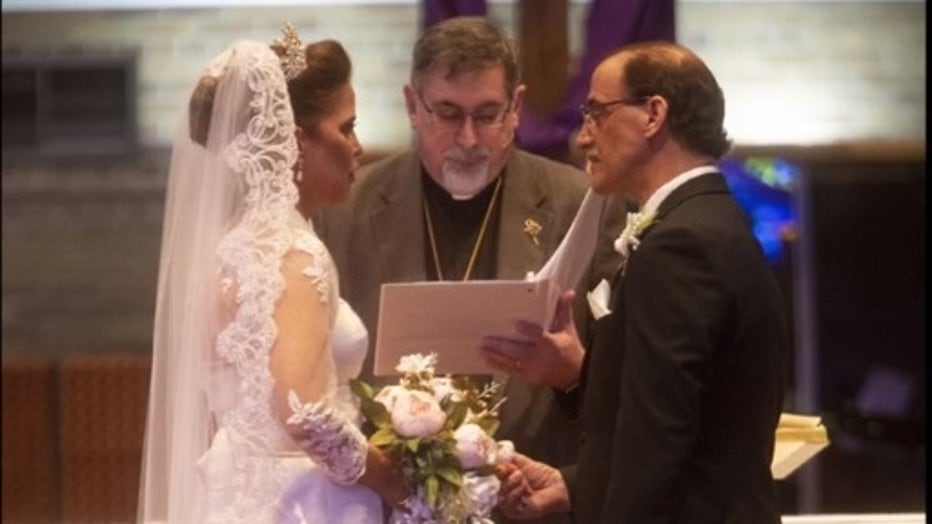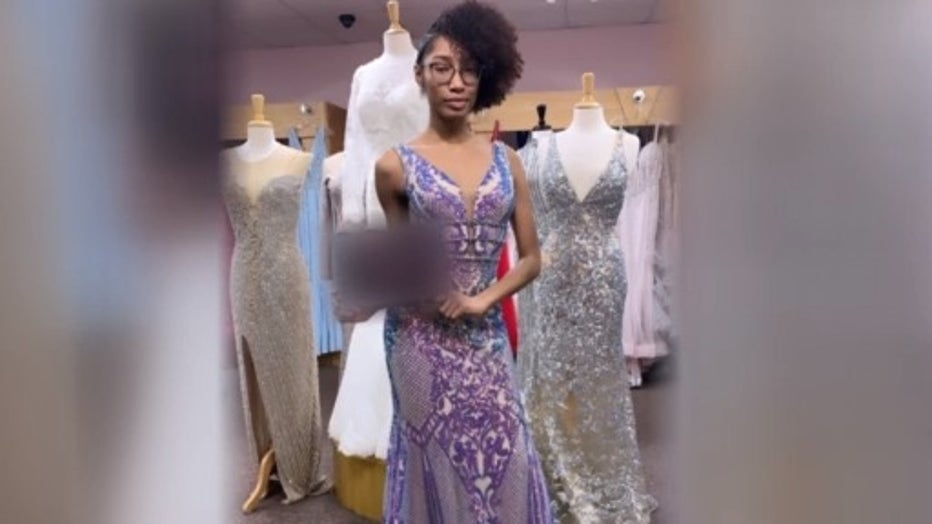Can you get your money back after coronavirus cancellations? It depends.
FOX 2 - Rob Wolchek has been getting a lot of emails from people with plans turned upside down due to the COVID-19 pandemic. The circumstances are similar: deposits have been taken and events have been cancelled.
But Farmington Hills attorney Mark Frankel explains, that legally, each case is different.
Wolchek has picked three tales from FOX 2 viewers, a cancelled prom, a cancelled vacation and a cancelled wedding reception.
This is Vince and Michelle.
"We were supposed to get married March 20th and on March 10 was the final payment," Vince said. "Total altogether, $7,800 dollars."
They paid $7,800 to the banquet hall. The couple had planned on a big reception but they were getting nervous because this was when the virus was spreading out of control here in metro Detroit. But they say the people at the banquet hall said they had nothing to worry about.
But by their wedding day the executive order was in place not allowing large gatherings and the banquet hall was shut down.
"Literally they took our money on the 10th, they cashed it on the 13th and by the 17th we couldn't have our reception," said Vince. "And they knew it was coming and they just kind of wiped our eyes by saying we're still having parties, we're still wearing gloves, we're still willing to provide. And at some point they said they couldn't anymore."

Vince and Michelle did get married on March 20th, but didn't have a reception which they would have, if they could have.
Attorney Frankel says contracts with businesses are drawn up by their lawyers and protect the business, not the consumer. Taking the banquet hall to small claims court is probably the best remedy.
"It's sort of unpredictable. You don't know what the court will do," Frankel said.
There are no lawyers in small claims court so it's consumer versus businessman.
"You're doing it on your own and you're there saying to the court, look, this was beyond my control, it was beyond the hall's control," Frankel said. "But to be fair, they didn't put this on so they didn't have to pay their people, they could have cancelled their catering contract whatever it was, they shouldn't have spent all the money, some of it they should be willing to give back," Frankel said.
In this case, no one went to court. Wolchek was able to call the banquet hall and they agreed to pay back $5,000 to the couple.
Case number 2 - a prom dress.
"I recently graduated from Renaissance High School," said Alyson.

Alyson was supposed to go the prom with her boyfriend. This winter she went dress shopping.
"The first dress I tried on, I loved it," she said. "The customer service was great. I loved the dress, it fit perfectly and I began to pay on the dress."
Alyson was making layaway payments. The dress cost $800. She had paid $400 towards the dress when the pandemic hit.
The prom got cancelled and the store told her there were no refunds, but they agreed to give her a store credit. But this is a formal dress shop and Alyson is going away to live at college. She doesn't need a credit; she wants her money.
Wolchek: "At this point you're not getting your money back? They're saying we'll give you a store credit and you need the money for school."
"I do and I feel this is very unfortunate because it was out of my control," she said. "If everything would have gone as planned I definitely would have bought the dress and wore it to my prom and loved it. But since it was out of my control, I feel it was very unfortunate and I think they should give me my money back."
Frankel said court would likely do Alyson no good. The dress shop receipt/contract leaves little room for argument.
"It's very different with the dress because most of the defenses come when there's still something to be done by the other party," Frankel said. "They've done everything they have to do. You've given them the money they're giving you a dress. Their return policy is whatever their return policy is and your kind of stuck with that."
But aren't there laws to protect consumers like Alyson? She didn't cancel her prom and the dress shop was closed.
"Consumer protection laws are mostly so they don't sell you a $400 dress that was really a $40 dress and lie to you about what it is," he said.
In this case, Wolchek was able to call the dress shop and they agreed to refund Alyson her money, but say they've had more than 200 customers in the same boat.
Kelly paid for an expensive vacation last year for her family with a travel agent. The trip to Cabo San Lucas was scheduled for this spring.
"When all this started happening with the pandemic, I contacted them and said 'You know, I'm not comfortable traveling to Mexico. Is there any way to refund and they said no," Kelly said.

Then they closed the border to Mexico, so the trip was cancelled. Kelly says she called the travel agent who said she had to call the hotel, airline or maybe the credit card company. Long story short, she's not exactly sure who's got her $7,000 and who's going to pay her back.
"I just find it frustrating," Kelly said. "That nobody wants to answer and I feel like they're pushing it on the other person. The hotel's putting it on the travel agency, the travel agency's putting it on the hotel with no answers."
Frankel says she has the best shot getting a refund. Airlines are regulated by the federal government and the hotel she booked, was a large chain who couldn't provide her with their services.
And just last week, she received a letter from the travel agent which was promising. Frankel thinks she'll be made whole, but it could take time as no one planned on this happening.
"The economic impact of this pandemic is such that while individual consumers are certainly suffering from this," Frankel said. "So are all of the businesses."

